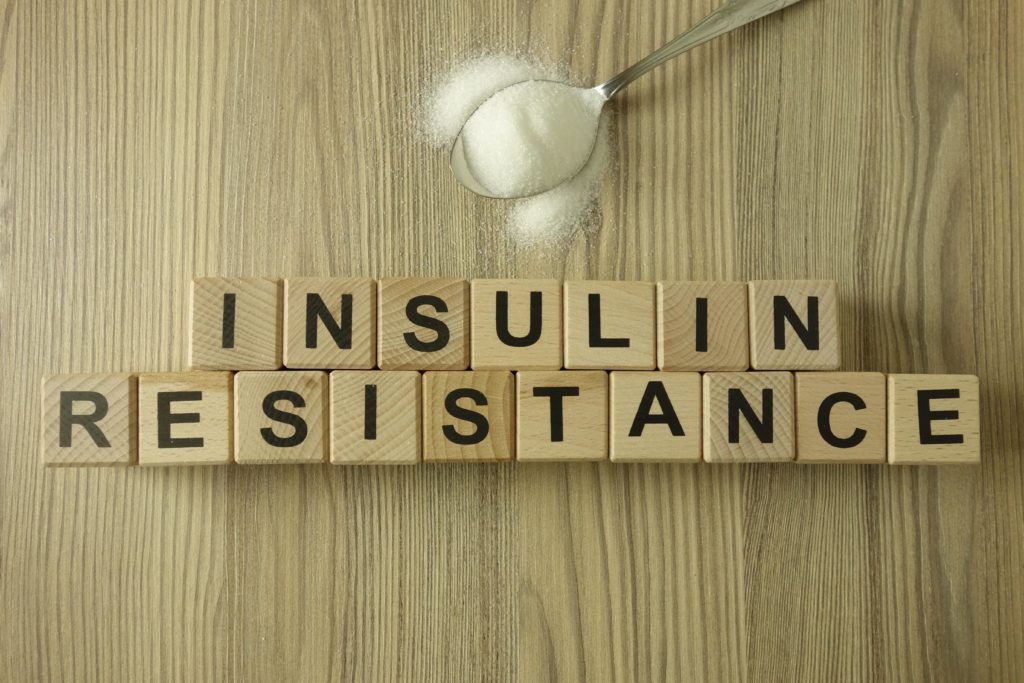Fasting has become a popular way to improve health and promote weight loss. However, recent studies have shown a surprising link between fasting and insulin resistance. Fasting is the practice of abstaining from food and drink for a specific period of time. It has been used for centuries in religious and spiritual contexts, but it has recently gained popularity as a way to improve health and promote weight loss. Insulin resistance is a condition in which cells in the body become resistant to the effects of insulin. This can lead to high blood sugar levels and eventually to type 2 diabetes. In this article, we will explore the impact of fasting on insulin resistance and what it means for your health.
Table of Contents
What is Insulin Resistance?
Insulin is a hormone that is produced by the pancreas and is responsible for regulating the amount of glucose (sugar) in the blood. When we eat, our blood sugar levels increase, and insulin is released to help transport the glucose from the blood into the cells of the body, where it is used for energy.
In people with insulin resistance, the cells of the body become less responsive to insulin, which means that more insulin is needed to transport the same amount of glucose into the cells. This leads to higher levels of insulin in the blood, which can eventually lead to type 2 diabetes.
The Impact of Fasting on Insulin Resistance
Research has shown that fasting can have a significant impact on insulin resistance. One study found that fasting for 24 hours led to a 50% increase in insulin sensitivity in healthy adults.
Another study found that intermittent fasting, which involves alternating periods of fasting and eating, led to a 3-6% reduction in fasting blood sugar levels and a 20-31% reduction in insulin resistance. These studies suggest that fasting can be an effective way to improve insulin sensitivity and reduce the risk of type 2 diabetes.
Mechanisms Behind the Link Between Fasting and Insulin Resistance

The exact mechanisms behind the link between fasting and insulin resistance are not fully understood, but there are several theories.
One theory is that fasting triggers a process called autophagy, which is the body’s way of cleaning out damaged cells and recycling their components. Autophagy has been shown to improve insulin sensitivity and reduce the risk of type 2 diabetes.
Another theory is that fasting promotes the production of ketones, which are molecules produced by the liver during periods of fasting or low carbohydrate intake. Ketones have been shown to improve insulin sensitivity and reduce the risk of type 2 diabetes.
Who Shouldn’t Fast?
While fasting can be beneficial for many people, there are some groups who should avoid it or use caution. Pregnant women and people with a history of eating disorders should avoid fasting, as should anyone with a medical condition that requires regular meals or medication.
It is also important to listen to your body and stop fasting if you experience any negative side effects, such as dizziness, headaches, or weakness.
Conclusion
Fasting has become a popular way to improve health and promote weight loss, but it also has a surprising link to insulin resistance. Research has shown that fasting can improve insulin sensitivity and reduce the risk of type 2 diabetes. However, it is important to use caution and avoid fasting if you have a medical condition or experience negative side effects.
Frequently Asked Questions (FAQs)
- What is insulin resistance, and why is it a concern?
Insulin resistance is a condition where your body’s cells become less responsive to insulin, a hormone that helps regulate blood sugar levels. As a result, your body has to produce more insulin to keep your blood sugar in check. Over time, this can lead to high blood sugar levels and a range of health problems, including type 2 diabetes, heart disease, and obesity. - How does fasting impact insulin resistance?
Fasting can actually help improve insulin sensitivity, which is the opposite of insulin resistance. When you fast, your body switches from using glucose (sugar) as its primary fuel source to using fat for energy. This can help lower blood sugar levels and reduce insulin resistance. Additionally, fasting can trigger the release of hormones that help regulate blood sugar, such as glucagon and growth hormone. - What are some of the different types of fasting?
There are several different types of fasting, including intermittent fasting (where you eat within a specific time window each day), alternate-day fasting (where you fast every other day), and extended fasting (where you fast for more than 24 hours). Some people also do periodic prolonged fasting, which involves fasting for several days or longer. - Are there any risks associated with fasting?
Fasting can be safe for most people, but there are some risks to be aware of. For example, if you have certain medical conditions (such as diabetes or low blood pressure), fasting could be dangerous for you. Additionally, fasting can cause side effects such as headache, fatigue, and dizziness. It’s important to talk to your doctor before starting a fasting regimen to ensure it’s safe for you. - Can fasting help prevent or manage type 2 diabetes?
There is some evidence to suggest that fasting can help prevent or manage type 2 diabetes. For example, a study published in the journal Nutrition & Diabetes found that alternate-day fasting improved insulin sensitivity in people with type 2 diabetes. However, more research is needed to fully understand the effects of fasting on diabetes and other health conditions. It’s also important to note that fasting should not be used as a substitute for other diabetes treatments, such as medication and lifestyle changes.






